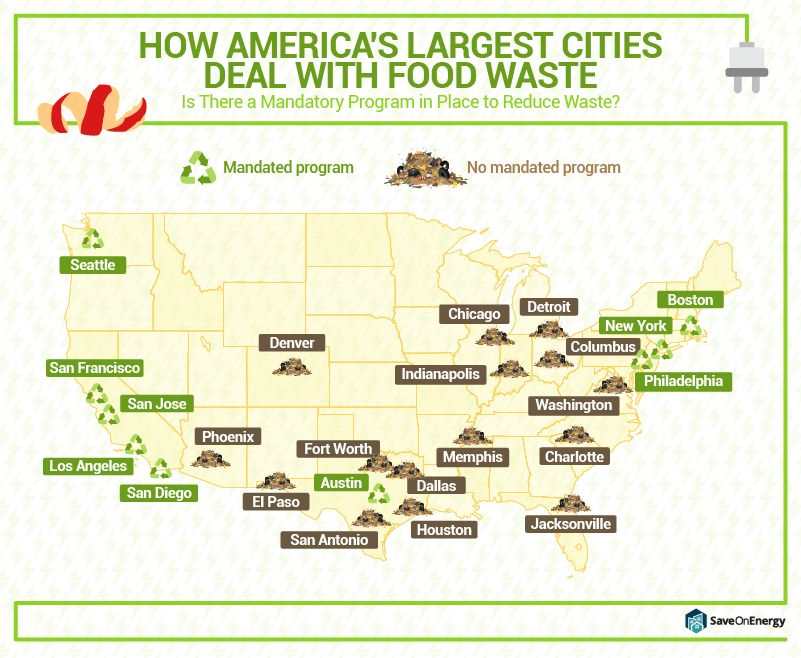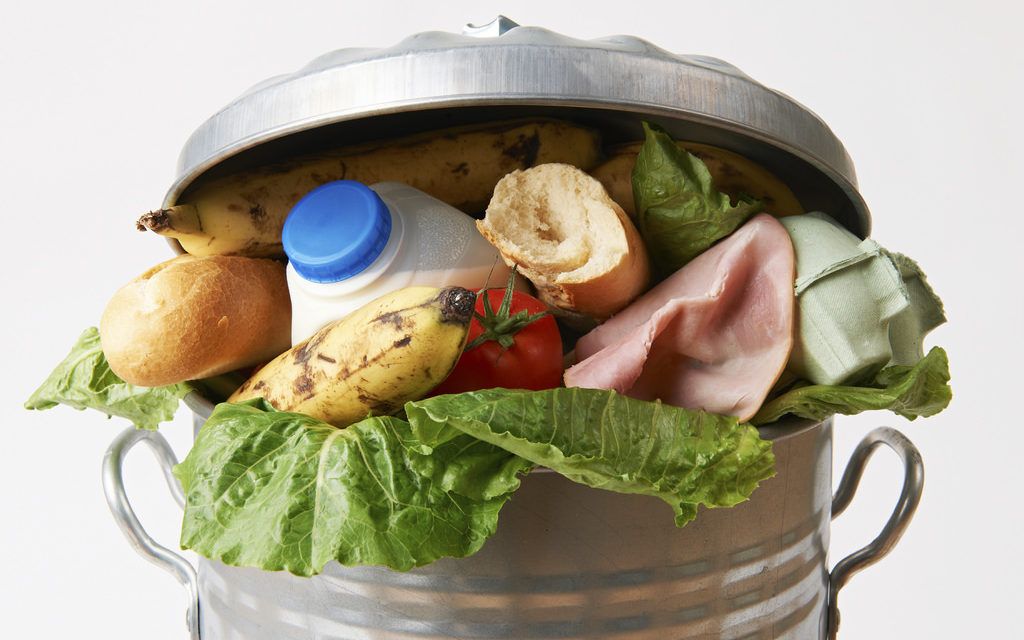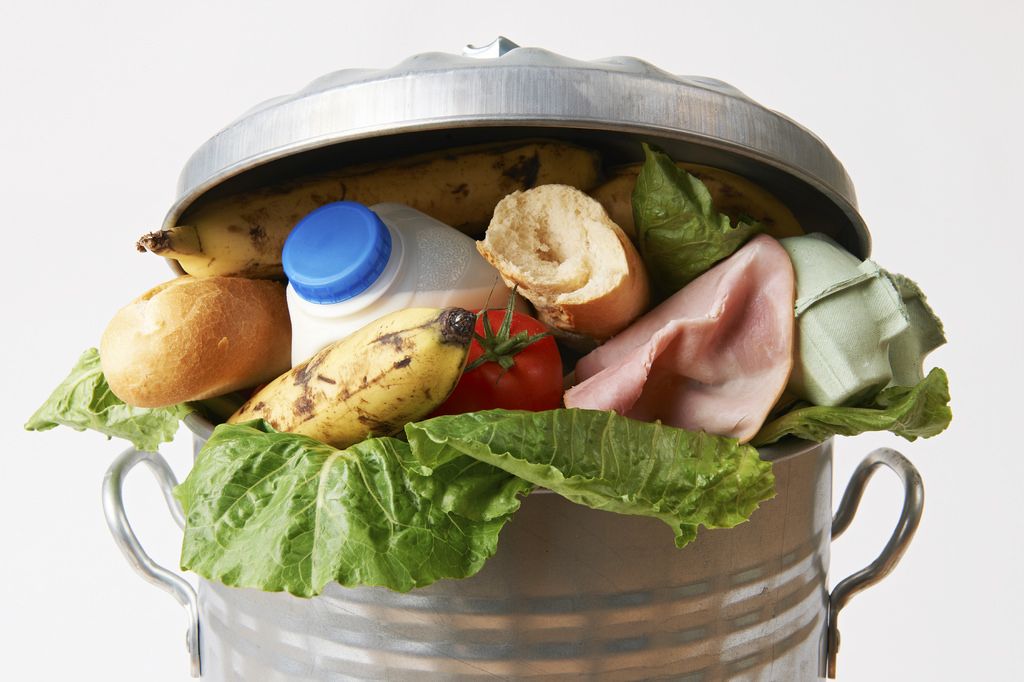You knew food waste was an epidemic. But new research from Save on Energy quantifies exactly how valuable those resources are that we’re so casually tossing into the trash. Their “Food Power per Hour” report examines edible waste from a perspective we can all understand: energy use.
The findings are stunning. Currently, food wastage in homes accounts for $144 billion — the highest economic cost of any source, nearly 8x higher than supermarkets. Even more shocking, America wastes about 74 billion pounds of food each year — enough to power 5.5 billion heaters.
“When food is wasted, the resources used to create these foods also go to waste,” said Save on Energy spokesperson Rachel Wallach. “It’s important to address the issue since it affects food security, natural resource use, and climate change.”
How was the 5.5-billion-heater figure reached? Wallach explains.
“Using the methodology outlined by Sustainable America, it’s now possible to use Anaerobic Digestion (the process of generating energy from food waste and other organic materials).”
Knowing that 10 pounds of food waste can be converted to about 1 to 2 kilowatt-hours of electricity, researchers factored in the number of kilowatt hours normally used to power household items like heaters.
“From there, we were able to determine exactly how long food waste converted to energy could power those items,” said Wallach.
While raising awareness and educating ourselves are key, there is enormous room for lasting changes in our habits. Currently, only 9 of the 25 most populated cities in the U.S. have mandated food waste programs.

Around the world, 1.3 billion tons of food are wasted each year — a seemingly insurmountable number. But there are many ways to contribute to change and the healing of our planet.
“Composting, a common method of recycling organic material, can convert food waste into humus,” said Wallach. “This can then be used to nourish growth in gardens and crops. Consumers can also plan meals in advance to only buy necessary groceries and rearrange the fridge so the most perishable items are in front and in reach!”








